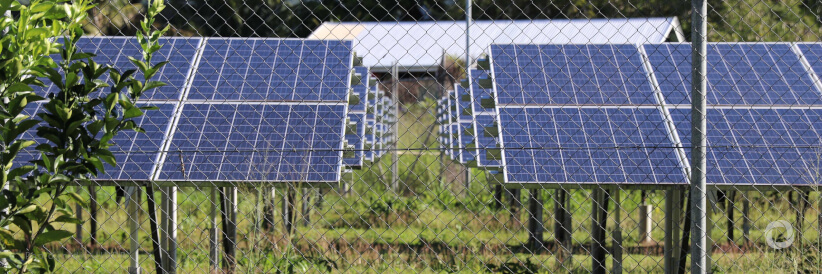Only 26 per cent of Sierra Leone’s population has access to electricity – and that’s mostly in urban and peri-urban areas. This is among one of the lowest rates of electricity access in the world.
With almost $3.6 million in funding from the government of Japan, UNOPS is implementing a project on behalf of Sierra Leone’s Ministry of Energy to help to expand energy access to remote villages.
As part of the project, UNOPS constructed a grid distribution network for solar photovoltaic mini-grid systems in six underserved rural communities: Grima Tikonko, Lower Saama, Naiagolehun, Petewoma, Serabu, and Upper Saama.
The project will provide reliable, clean, and affordable electricity, helping to reduce energy costs and benefitting over 15,000 people.
“The access to electricity this project provides will help improve maternal and general health services in these areas as well as improve learning outcomes for children,” said Ifeoma Charles-Monwuba, Director and Representative of UNOPS Multi-Country Office in Ghana.
Using the grid distribution network, a private sector operator will construct a mini-grid system that will generate 330 kilowatts of solar-powered electricity. This will provide power to schools, pharmacies, households, businesses, and six community health centers, which will receive 6.6-kilowatt hours per day of free electricity.
“I am pleased that, through this project, school children in the beneficiary communities will have reliable power to go about their educational activities, health workers will have stable electricity to offer their services, households will have a constant supply of electricity, and small and medium scale businesses activities will improve,” said H.E. Hisanobu Mochizuki, Ambassador of Japan to the Republic of Ghana and Sierra Leone.
The project complements two UNOPS-implemented projects – one funded by UK Aid and the other funded by World Bank – to increase access to off-grid renewable energy, including mini-grids. Together, these projects are also helping Sierra Leone reduce its greenhouse gas emissions and build resilience to climate change.

